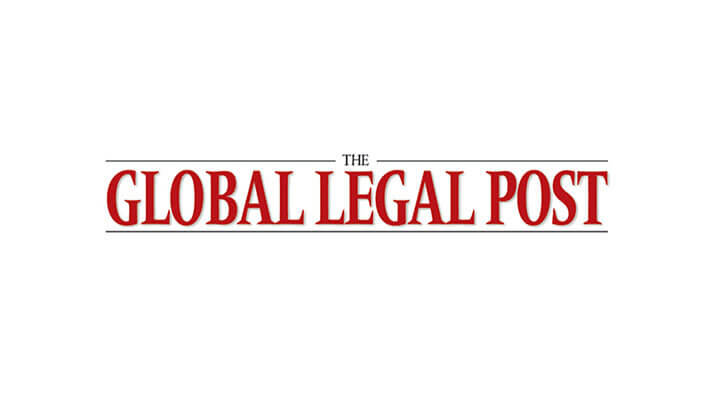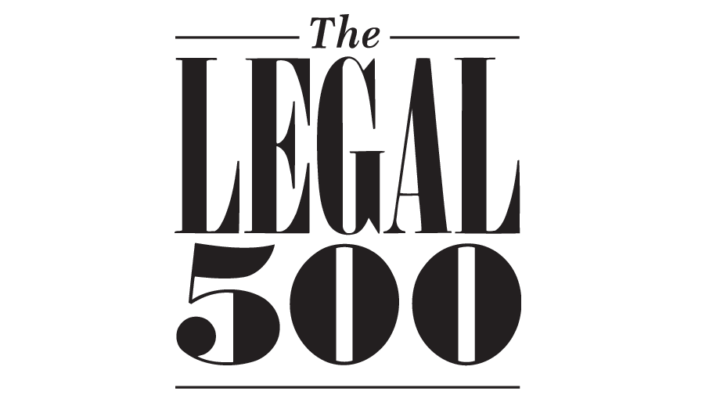New US Department of Justice Policy demonstrates a commitment to pursuing individual wrongdoing, but will the UK’s Serious Fraud Office follow suit? BCL’s Anoushka Warlow and Suzanne Gallagher write for The Global Legal Post examining the new policy and its potential impact for the UK.
Here is a short extract from the article*. If you wish to read the full article, please visit The Global Legal Post website.
”The US Department of Justice (DoJ) has revised its approach to corporate self-reporting. Its new Corporate Enforcement and Voluntary Self Disclosure policy confirms that companies can now receive up to a 75% discount in fines (up from 50%) arising from wrongdoing where they come forward and provide “extraordinary cooperation”.
In a speech to accompany the publication of the policy, Assistant Attorney General Kenneth Polite set out three factors that will determine whether the increased discount will be applied:
- Immediacy: voluntary self-disclosure is made immediately upon the company becoming aware of misconduct;
- Compliance: at the time of the misconduct and disclosure the company had effective compliance systems; and
- Extraordinary cooperation: whilst there is no strict criteria, Polite made clear that extraordinary cooperation goes above and beyond full cooperation; it is not “run of the mill or even gold standard cooperation but truly extraordinary.”
‘Voluntary self-disclosure’ is described in the policy as – amongst other things – the disclosure of “all relevant facts and evidence about all individuals involved in or responsible for the misconduct”. ‘Full cooperation’ is described as the timely disclosure of all non-privileged facts and includes “identification of all individuals involved in or responsible for the misconduct at issue, regardless of their position, status, or seniority … and all non-privileged information relating to the misconduct and involvement by those individuals.”
If this is the minimum required to satisfy the ‘full cooperation’ criteria, plainly more is required if a corporate entity is to be regarded as ‘extraordinarily’ cooperative. Polite suggested that, for example, making individuals available for interview, testifying at trial or providing information that leads to additional convictions might help tip the scale.”
*This article was first published by The Global Legal Post on 10 February 2023.




